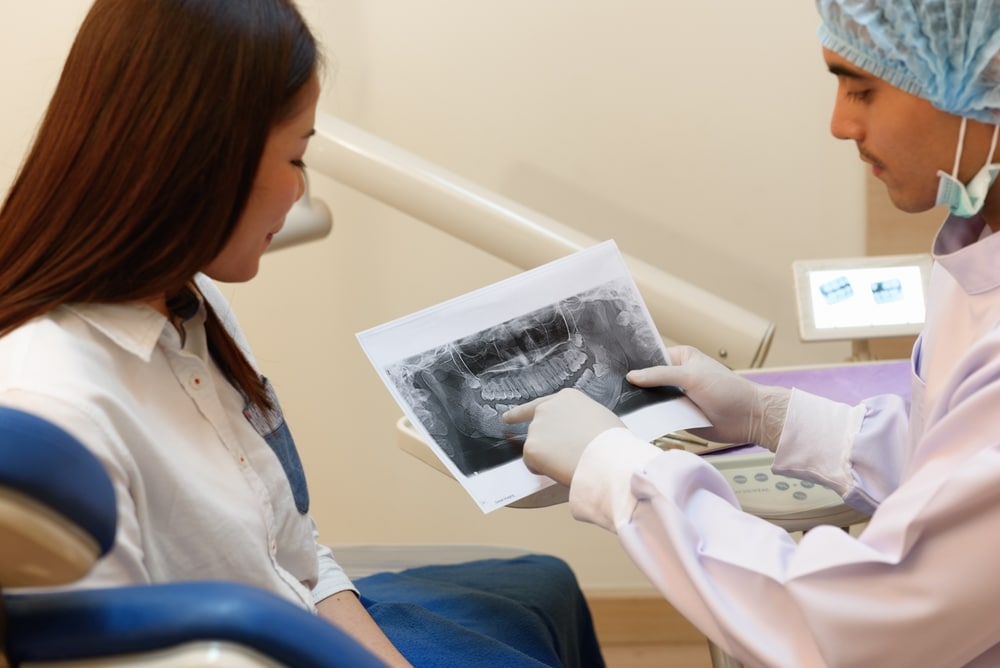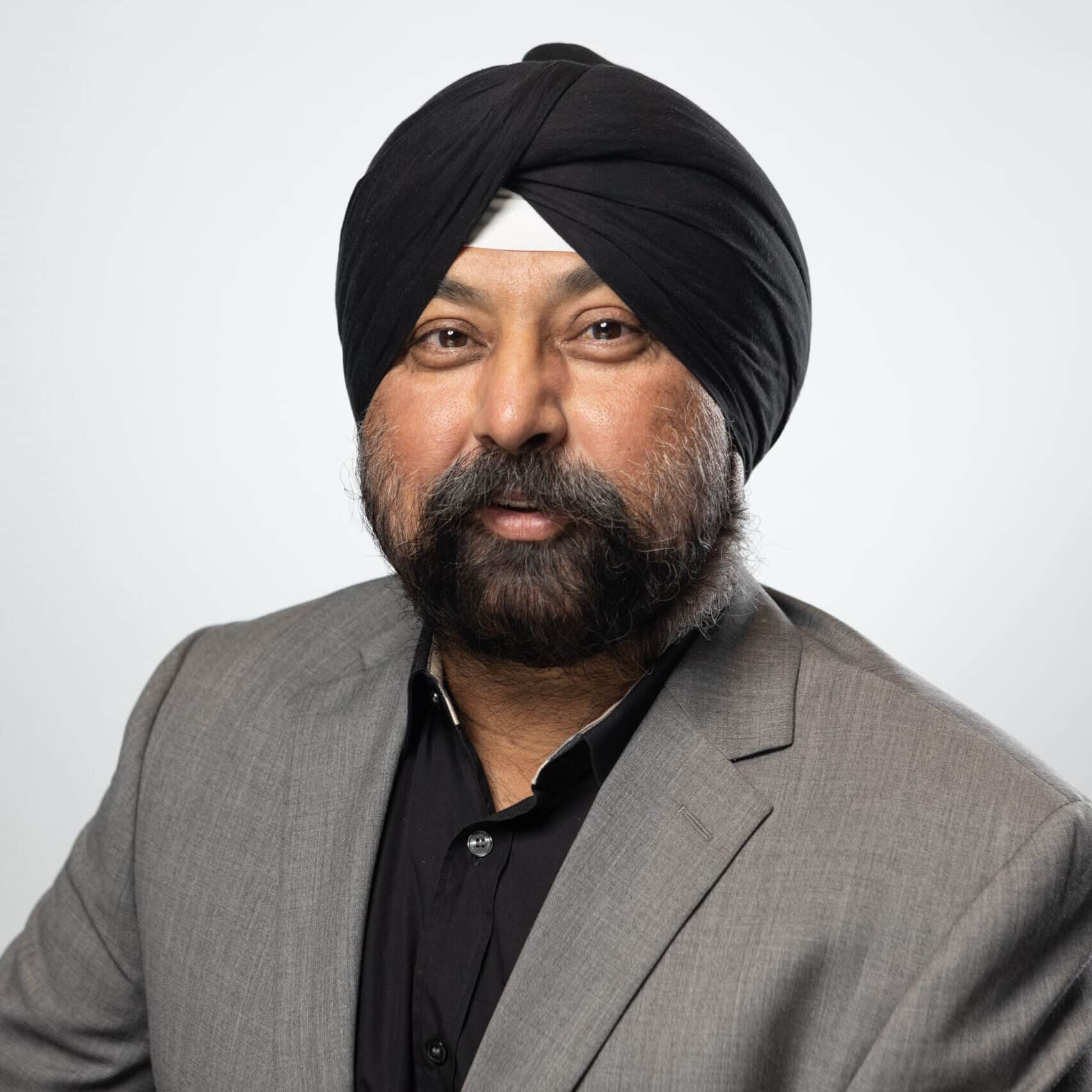Sacramento Surgical Arts – California
Redefining Excellence In Oral & Facial Surgery
Why Us?
Skilled & Compassionate Care
Our team brings their expertise, training, and compassionate approach to offer quality service.
All Under One Roof
Our team covers a broad spectrum of surgical and cosmetic treatments.
Commitment To Patient Comfort
We strive to cultivate a comfortable environment and foster lasting relationships with patients.
explore
Our Services
- Oral & Maxillofacial Surgery
Dental Implants
Dental implants replace missing teeth—emulating natural appearance, feel, and function.
Single Tooth Replacement
Restore the aesthetics and functionality of your smile with customized single-tooth replacement.
Multiple Tooth Replacement
You can regain your smile by replacing multiple missing teeth with quality restorations.
All-On-4®
Experience the revolutionary All-On-4 treatment for complete dental rehabilitation with just four implants.
Pre-Prosthetic Surgery
Prepare your mouth for dentures, ensuring a more secure and comfortable fit.
Bone Grafting
Restore the strength and integrity of your jawbone with our advanced bone grafting procedures.
Apicoectomy
Preserve your natural teeth with our apicoectomy procedure, offering a second chance to save infected teeth.
Facial Trauma & Defects
We offer expert care for facial trauma, addressing both aesthetics and function for a full recovery.
Impacted Canines
Our treatment for impacted canines promotes proper alignment and prevents future dental problems.
Wisdom Teeth
Wisdom teeth are removed safely and effectively, with your comfort and health in mind.
Oral Pathology
We can detect and offer treatment for diseases affecting the oral and maxillofacial region.
Orthognathic Surgery
Orthognathic surgery can correct jaw alignment and function, enhancing your quality of life.
Sleep Apnea
We offer innovative treatments for sleep apnea, helping you achieve a good night’s sleep.
TMJ Disorder
Experience a targeted approach to treating TMJ disorders, relieving discomfort and enhancing jaw function.
Regenerative Solutions
Harness the power of your body’s natural healing abilities with our cutting-edge regenerative solutions.
have questions?
Our Office FAQs

comfort options
Sedation Offerings
Local Anesthesia
Local anesthesia is administered directly to the site of the procedure, effectively numbing the area to prevent any discomfort during treatment.
Nitrous Oxide Sedation
Nitrous oxide is a mild sedative inhaled through a mask, offering a relaxing effect to help you stay calm and comfortable.
Intravenous Sedation
For a deeper level of sedation, we offer intravenous (IV) sedation. This sedative is directly injected into a vein, inducing a state of deep relaxation.
General Anesthesia
General anesthesia places you in a deep sleep-like state, ensuring you are completely unaware and feel no discomfort during the procedure.



